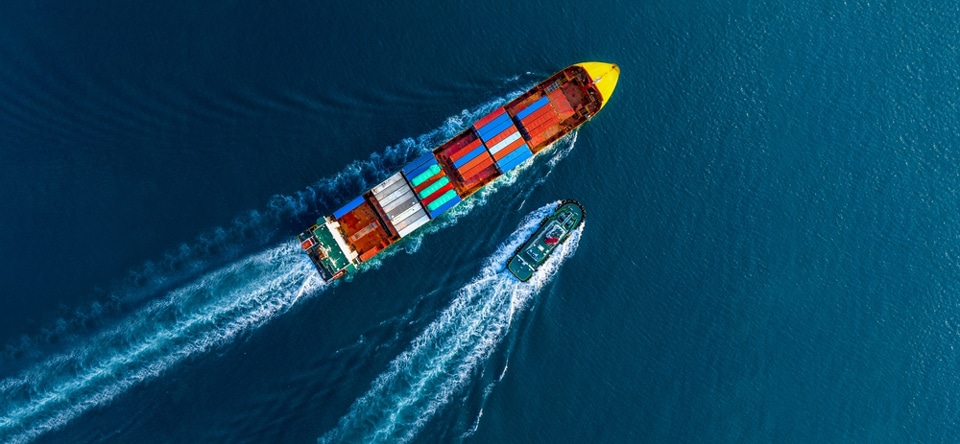Understanding Your Rights as a Maritime Worker

Maritime law is similar to but separate from workers’ compensation laws. Those who work on the sea have very unique jobs, and therefore need special rules, laws, and regulations to keep them safe. Maritime law, also known as admiralty law, covers most aspects of maritime activities and workers. This includes shipping, navigation, seamen, piers and docks, wharves, canals, recreational boating activities, towage, maritime liens, and even piracy. If you’d like to dig even deeper, this website helps you do so.
Several laws fall under the category of maritime law. They are:
The Jones Act
This body of law covers many aspects of maritime activities. Several different acts are a part of this body of law. The Jones Act, also referred to as the Merchant Marine Act of 1920, protects maritime workers in the case of on-the-job accidents and injuries. U.S. vessels covered by the Jones Act are subject to U.S. safety and training standards. This includes compliance with regulations from the Occupational Safety and Health Administration (OSHA) and the U.S. Coast Guard. These standards are in place to protect the health and safety of maritime workers. As well, those working on Jones Act vessels are entitled to fair wages and benefits, consistent with U.S. labor laws. These workers can access protections such as compensation and benefits provisions, which are in place to ensure that they receive adequate compensation for their work.
While the Jones Act is associated with seamen and the maritime workforce, it provides protection for longshoremen and shipbuilders too. For this reason, the Jones Act is a way to protect the American maritime industry, including shipbuilding, seafaring jobs, and the transportation of goods.
The Longshore Harbor and Workers’ Compensation Act
Not all in the maritime industry actually go out on boats. In the past, they fell through the cracks and missed out on rights and protection due to this technicality. The Longshore Harbor and Workers’ Compensation Act protects maritime workers who do not qualify under the definition of seaman. It provides workers’ compensation for the specific group of workers who operate in our nation’s ports.
Outer Continental Shelf Lands Acts
International waters can complicate things in the event of an accident or injury. The Outer Continental Shelf Lands Act protects those working in the area between the open ocean and the continent, typically oil rig workers.
The Death on the High Seas Act
The maritime industry is a dangerous one. In the event of a death on the job, the Death on the High Seas Act of 1920 provides compensation and damages for the dependents of seamen and other maritime workers. This act also allows for claims of negligence or unseaworthiness in various situations beyond those employed on a commercial boat.
If you feel any of these laws apply to your situation and you need someone in your corner to insist upon your rights, we recommend hiring a lawyer who specializes in maritime law.
Have you read?
Richest countries in the world by GDP per capita in 2023.
Countries With The Highest And Lowest Average Salaries, 2023.
Best Fashion Schools In The World.
Best Business Schools In The World.
The World’s Best CEOs And C-Suite Executives, 2023.
Bring the best of the CEOWORLD magazine's global journalism to audiences in the United States and around the world. - Add CEOWORLD magazine to your Google News feed.
Follow CEOWORLD magazine headlines on: Google News, LinkedIn, Twitter, and Facebook.
Copyright 2025 The CEOWORLD magazine. All rights reserved. This material (and any extract from it) must not be copied, redistributed or placed on any website, without CEOWORLD magazine' prior written consent. For media queries, please contact: info@ceoworld.biz











